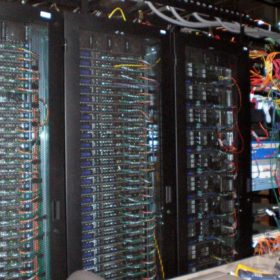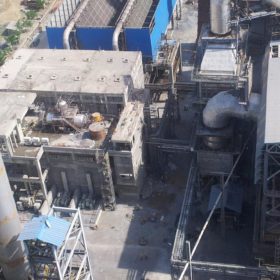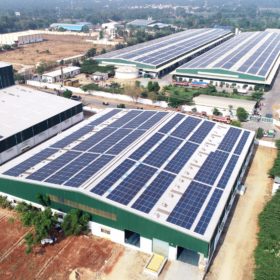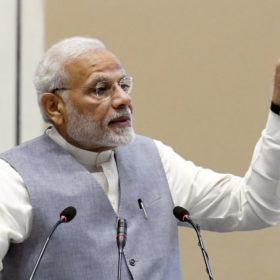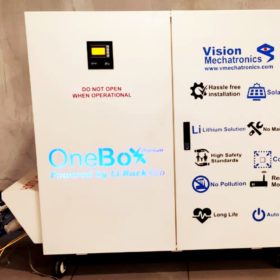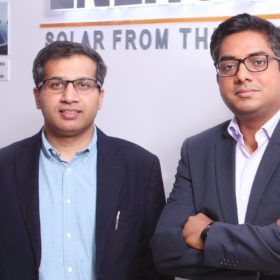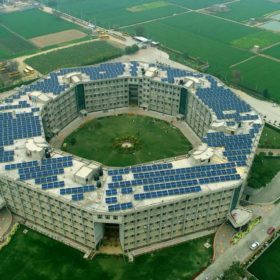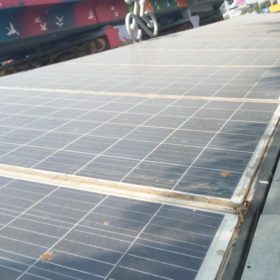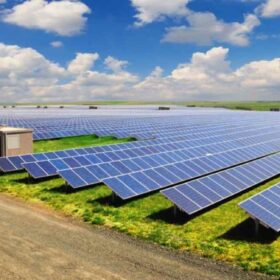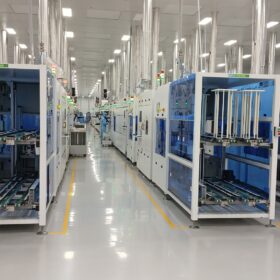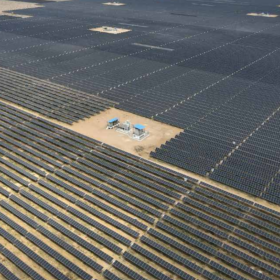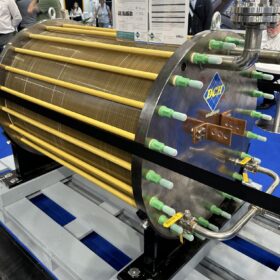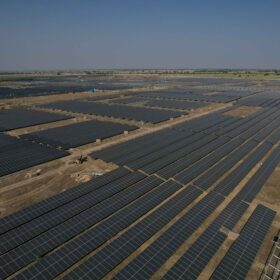Adani launches joint venture for renewables-powered data centers
AdaniConneX, the joint venture with US-based data center solution provider EdgeConneX, will develop renewable energy-powered data centers with up to 1 GW of power demand in India over the next decade.
Green recovery through energy efficiency
The Climate Group has reported that just 33 members of its global EP100 initiative avoided carbon dioxide emission by one billion metric tonnes purely through energy efficiency measures. Of this, 360 million metric tonnes—comparable to taking 77 million cars off the road for a year—was avoided in the last year alone.
Self-assessment tool for renewable energy action
The Portal for Renewable Energy Action Assessment Metrics is an online rating system which enables businesses to self-assess their renewable energy consumption.
Waaree solar panels power CtrlS data centre
Waaree solar panels installed on all four facades of CtrlS datacenter facility in Mumbai cover over 50,000 square feet of facade area and generate about 1 MW of power.
Modi calls for a rooftop-solar-powered city in every state
The prime minister again emphasized the need for India to develop a domestic solar manufacturing industry and also urged officials to get on with plans to make Ladakh carbon-neutral.
A plug-and-play solar-powered battery back-up solution for the home
The OneBox, from Indian manufacturer Vision Mechatronics, consists of a lithium battery, hybrid inverter and solar charge controller to give a hassle-free solution for electricity back-up during power outages. Solar rooftop owners are offered a grid feed feature to maximize net metering income from any excess power generated.
Interview: SunSource Energy says regulatory uncertainty is solar industry’s biggest challenge
The disparity between central and state government renewables policies must be resolved and renegotiating signed PPAs is an absolute no-no, according to the solar business’ bosses.
Solar irrigation product converts sunlight directly into motion
The invention converts energy produced by PV cells directly into mechanical motion without batteries or power electronics. Its developers claim the solar motor can drive irrigation water pumps and ventilation turbines for more than 20 years without maintenance.
Akal University’s 1.2 MW solar project is Punjab’s largest for rural institutions
This 1.2 MWp project would generate more than 80% of power requirements of the Akal University and 13 Akal Academies. It has been built at a total cost of Rs 5.2 crore, out of which the Ministry of New and Renewable Energy has provided a total subsidy of around Rs 1.7 crore.
No construction permits without solar in one town in Telangana
The municipal council of Karimnagar has mandated rooftop solar on new buildings of a certain size as part of the Ministry of New & Renewable Energy’s Smart City Mission, which requires 10% of municipal energy to be generated from solar.
